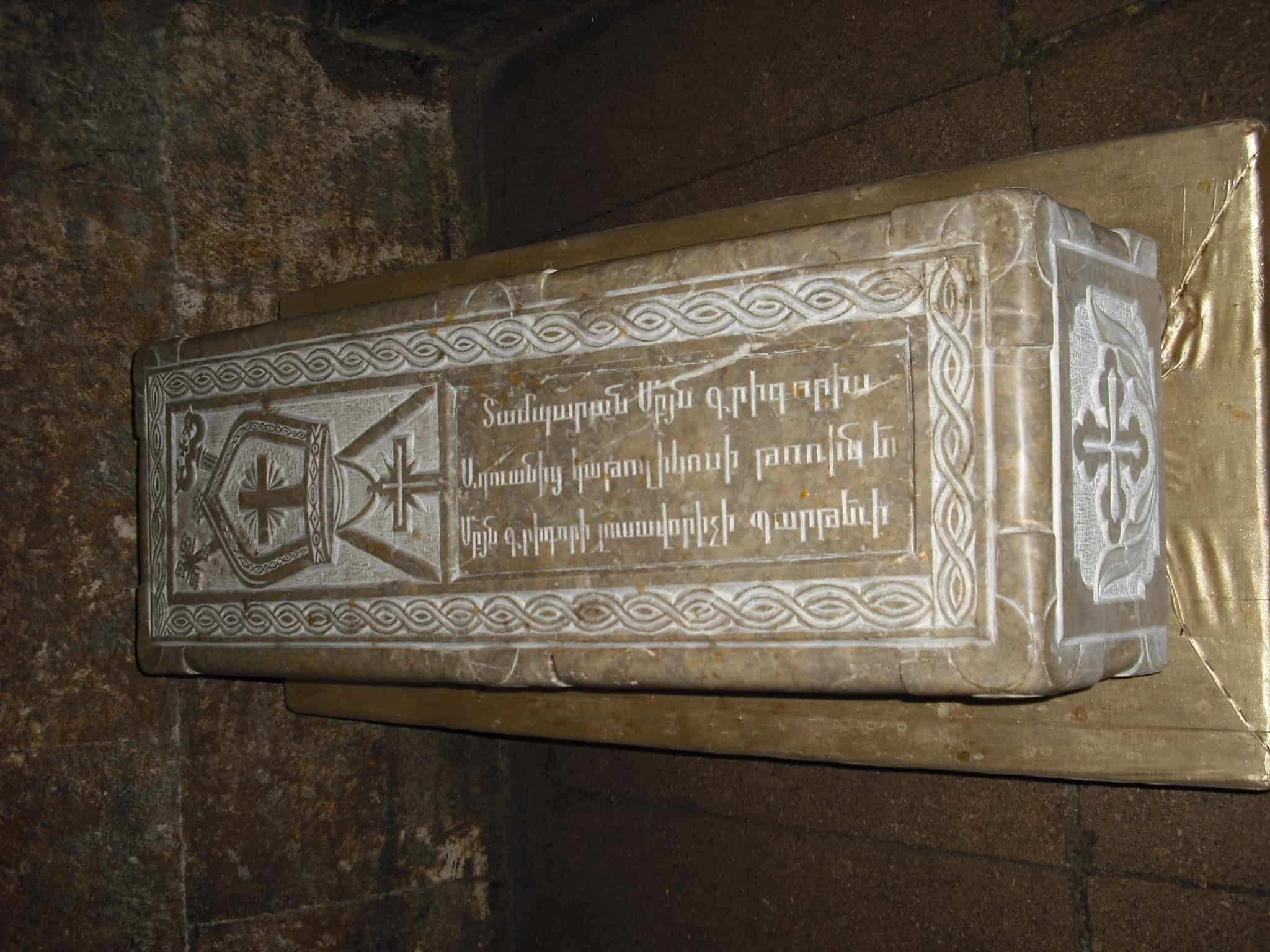AN ETERNAL CULTURE

The Armenian Church marks the feast of the Holy Translators this Saturday, October 12. It was the premise upon which His Holiness, Catholicos Karekin I of the Great House of Cilicia, proclaimed October the Armenian Culture month in 1946, now observed by Armenians worldwide.
This year we are marking it with a somber spirit as we are still bleeding over the recent, unbearably painful loss of Artsakh to our secular enemies: the Turks, whether the actual thing or their apprentice brothers on the other side of Armenia’s border, the Azerbaijanis.
With Artsakh, we are also losing our precious cultural heritage, best embodied in monasteries of breathtaking beauty such as Gandzasar, Dadivank, and Amaras, the site where Mesrop Mashtots, the inventor of our alphabet, set up the first school.
The 5th century was also a difficult time for Armenia, a much larger state than the one we have now. Yet the genius of Mashtots, as well as the spiritual and political leaders of the time, St. Sahak and King Vramshapuh, found a life-saving solution to our challenges: our own, unique alphabet.
That was the beginning of Armenian culture as we know it. It started with the translation of the Bible, the immortal word, and it has led up all the way to Medzarents, Varoujan, Charents, and Paruyr Sevak, just to mention a few of the pinnacles of our culture. Turks and their kin may kill our bodies, they may destroy our khachkars, monasteries, and churches. Yet the one thing they cannot kill is culture. Entwined with the Scriptures since its very inception, Armenian culture, and hence our identity, are as timeless and eternal.
